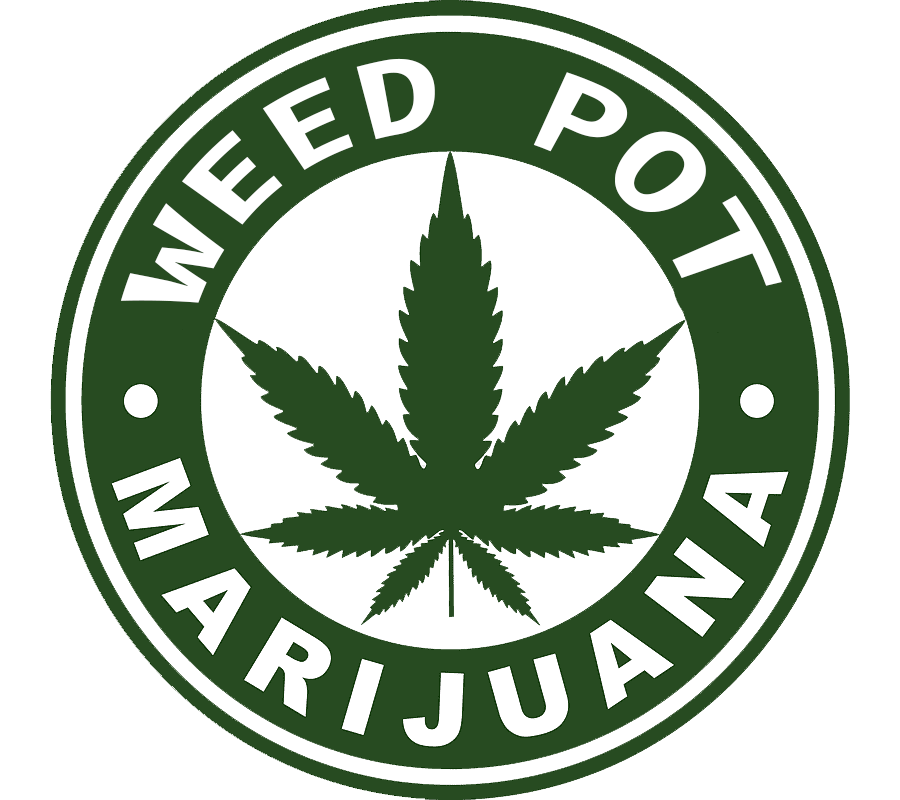How Did A 20 Yr Old Almost Assassinate President Trump?
How Did President Donald J Trump Almost Get Assassinated? The attempted assassination of President Donald J. Trump at a rally in Butler, Pennsylvania, revealed significant lapses in security protocols by the U.S. Secret Service and local law enforcement. Despite early warnings and surveillance, Thomas Matthew Crooks managed to evade detection, gain access to a rooftop overlooking the rally site, and fire shots towards the stage, injuring multiple attendees and grazing the President. The incident underscored the critical need for comprehensive threat assessments, proactive surveillance, and swift, coordinated responses to potential threats. Moving forward, enhancing security measures and inter-agency coordination will be crucial in safeguarding public figures and maintaining the integrity of presidential security protocols.
The History of Our Secret Service
The U.S. Secret Service, under the Department of Homeland Security, holds the critical responsibility of safeguarding current and former Presidents of the United States, their immediate families, and other designated individuals. This protective mandate extends beyond the physical safety of these individuals to encompass the security of the presidency itself and the continuity of government in times of crisis. At the highest levels, the Secret Service operates under the leadership of the Director, who oversees a comprehensive team of professionals including Special Agents, Uniformed Division Officers, and investigative and technical specialists.
The Power of the President over the Secret Service
The President of the United States does have the authority to influence the allocation and level of protection provided by the Secret Service. This includes decisions on who receives protection, the scope of protection, and any adjustments based on current threats or personal circumstances. The Secret Service works closely with the White House, local law enforcement, and other federal agencies to assess risks, implement security protocols, and ensure the safety of protected individuals during public events, official travels, and daily activities.
Events Leading to the Attempted Assassination
-
Pre-Event Security Preparation
- Routine Assessments: Prior to President Trump’s rally in Butler, Pennsylvania, the Secret Service conducted routine security assessments. These assessments typically involve evaluating potential threats, securing the venue, and coordinating with local authorities.
What Should Have Happened. The Secret Service should have conducted a comprehensive threat assessment, considering potential risks like rooftop access and firearms within proximity. This would include thorough sweeps of nearby buildings and heightened vigilance based on intelligence gathered.
-
Detection of Suspicious Activity
- One Hour Before the Shooting: Local police officers spotted Thomas Matthew Crooks behaving suspiciously outside the rally perimeter and immediately alerted the Secret Service. This included concerns about his presence and behavior near the venue.
This Should Have Happened. The Secret Service should have swiftly responded to reports of suspicious activity, initiating protocols to investigate and potentially detain individuals exhibiting concerning behavior, especially near high-profile events.
-
Surveillance and Response Actions
- Forty Minutes Before the Shooting: Crooks was observed with a rangefinder, a device used to measure distances, indicating potential pre-operational surveillance.
- Twenty Minutes Before the Shooting: Despite initial alerts, Crooks successfully accessed a rooftop approximately 140 meters from the rally stage, unnoticed by security personnel.
- Ten Minutes Before the Shooting: Rally attendees reported seeing Crooks on the rooftop, prompting further notification to law enforcement.
What Should Have Happened. The Secret Service should have maintained continuous surveillance on suspicious individuals like Crooks, utilizing advanced surveillance techniques and monitoring systems to track movements and identify potential threats well before they reach critical vantage points.
-
Security Intervention and Assassination Attempt
- Two Minutes Before the Shooting: A police officer attempted to confront Crooks on the rooftop, but Crooks brandished an AR-15-style rifle, forcing the officer to retreat.
- During the Shooting: Crooks fired several shots toward the rally stage, injuring multiple attendees and grazing President Trump’s ear.
What Should Have Happened. Security protocols should have included preemptive measures to prevent unauthorized access to rooftops so immediate neutralization of threats happen upon detection. Effective coordination between law enforcement and Secret Service agents should have ensured a swift response to mitigate potential harm.
-
Immediate Aftermath and Response
- Secret Service agents formed a protective barrier around President Trump while a sniper team neutralized Crooks with precise gunfire from a nearby elevated position.
What Should Have Happened. Immediate deployment of counter-sniper teams and rapid extraction procedures should have been in place to swiftly neutralize threats and protect the President and attendees.
Comparison of Actual Events vs. Ideal Security Protocols
- Actual Events: Despite early detection, Crooks managed to evade security measures, gain access to a strategic rooftop, and carry out an assassination attempt.
- Ideal Security Protocols: Comprehensive threat assessments, proactive surveillance, immediate response to suspicious activities, and effective coordination between agencies would have minimized the risk and potential consequences of the incident.
Top Theories of How This Could Happen
The Take away on Assassination Attempt?
The attempted assassination of President Donald J. Trump underscores critical lapses in security protocols and coordination among law enforcement agencies. Enhanced measures, including advanced surveillance technologies, proactive threat assessments, and rigorous training for security personnel. Which is imperative to prevent similar incidents in the future. By learning from these lapses and implementing robust security reforms, the Secret Service can better fulfill its mandate to protect national leaders and uphold the integrity of the presidency.
With the election so close this story seemed important to us at marijuanaweedpot.com
